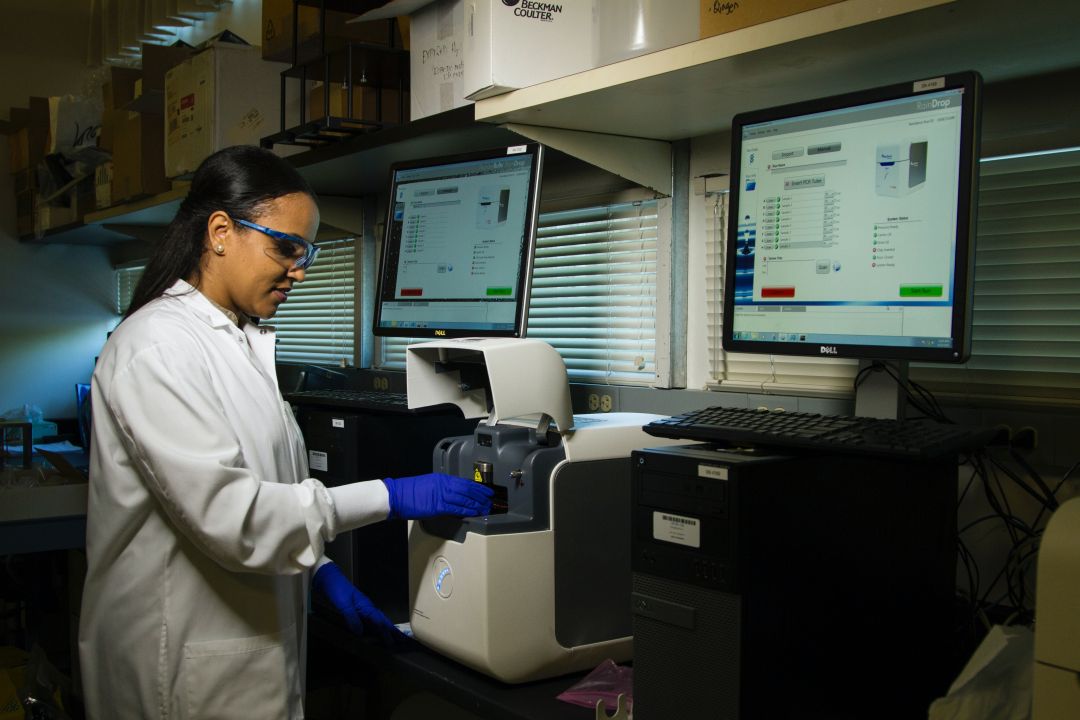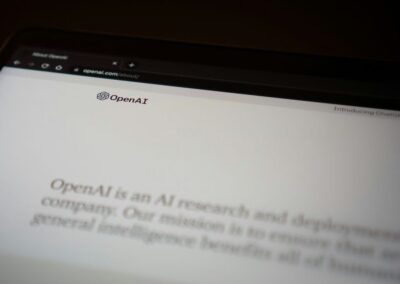The Pros and Cons of AI Have Major Education Implications
There is no doubt that the artificial intelligence explosion in healthcare can and will result in both positive and negative outcomes. We read and hear about examples every day that are exciting and concerning as they outline the pros and cons of AI in healthcare and everywhere else in our daily lives.
To gain a better understanding of the sentiment of the general public, Pew Research conducted a survey where 11,201 respondents were asked whether they felt more excited or more concerned about the future of AI. The results were published last week:
- More concerned – 52%
- More excited –10%
- Equal – 36%
The media were quick to react that the public was more concerned about the potential effects of AI than excited about the opportunities of AI. All sorts of negative spins and doomsday scenarios were imputed to these results. It made for some very sensational stories and promoted the general “fearmongering / clickbaiting” attitude toward the adoption of artificial intelligence.
I have a great deal of respect for the authors and the methodology of the survey, and don’t doubt its contents or conclusions, but I feel that this survey has missed two important practical points that give us an opportunity to further educate the public about the realities of artificial intelligence.
Looking Closer at the Pros and Cons of AI
First, why should one assume that this survey question would have an “either/or” answer?
No one doubts that the adoption of artificial intelligence technologies can bring unprecedented benefits to healthcare. There will be tremendous advances and efficiencies that will improve patient care in multiple areas. In evaluating the pros and cons of AI in healthcare, we’ve already seen improvements in the following ways:
- new drug discoveries
- ability to access medical databases
- enhancements in clinical trial designs
- reduction in medical errors
- improved documentation
- advances in preventive care
- improved revenue cycle
…and many other areas. Every day we learn about new and unforeseen applications, and we are just at the beginning. To me, 100% of the public should be very excited about the benefits that this technology will bring. This survey makes one doubt that the public has been appropriately educated regarding the positive aspects of this technology.
Yet in a similar regard, there is no doubt that unless artificial intelligence is appropriately managed and regulated, there can be multiple adverse consequences, including potentially catastrophic outcomes. The media are quick to point out some of these potential adverse consequences, including:
- data security lapses
- privacy violations
- deepfakes
…and the possibility that AI could go “rogue,” even to the point of leading to the end of human civilization.
Given the enormous power of this technology, it would be naïve for any person not to have some legitimate concerns about potential adverse outcomes with artificial intelligence. Therefore, the correct response should be that 100% of the population would have legitimate concerns about the negative potential of AI. I reluctantly acknowledge that bad news sells more than good news, but ideally, the most appropriate responses from this survey should be:
- More concerned – 100%
- More excited – 100%
The public response should acknowledge BOTH the excitement and the concerns regarding AI. How do we get to the goal of 100% of the population better understanding both the advantages and the disadvantages of artificial intelligence?
Therefore, there is a second opportunity that this survey demonstrates: the need for better education regarding both the benefits and potential adverse consequences of AI.
Educating the Public on the Pros and Cons of AI—in Healthcare and Beyond
Education of any sort is always a formidable challenge. But for AI it is especially difficult, given the intrinsic complexity of the technology and the rapid and virtually exponential advances that we continue to see in the field. Keeping up with this evolving technology is a full-time job. It is hard to imagine what potential lies ahead. The continued doubling of AI’s computing power—Moore’s Law—will lead to discoveries in the near future that are impossible and inconceivable in today’s technology. Current educational content will become obsolete in the very near future, and all educational programs must be updated on a very regular basis.
Educational efforts must be directed not only to the public at large, but also to the decision-makers.
Specifically for healthcare, this means that educational programs must be directed to Boards, executives, physicians, practitioners in general, and of course, patients. Responsible leaders must make decisions based upon facts and realities—not fear and sensationalism. Scientific facts must be distinguished from media hype.
From a practical perspective, we must acknowledge that this technology has already “left the station.” It now must be managed, regulated, and continuously monitored. Like nuclear power, AI can “empower” healthcare, or it could lead to the destruction of the system. The decision is up to us. We have a long way to go in order to achieve the “100%/100%” in both the general public as well as our leaders.
Reach Out to Book My AI Presentation
Toward that end, a large part of my speaking and consulting practice is now devoted to the education of healthcare leaders and physicians. In my AI presentation I emphasize:
- The importance of a common definition and model of artificial intelligence that can be applied to make appropriate decisions in the field.
- Review key topics in artificial intelligence that are applicable to healthcare such as: GPT, emergent properties, brain-computer interfaces, deepfakes, singularity, etc.
- Promote a call to action for leadership and management of the AI technologies
There is no doubt that artificial intelligence will become the game changer in healthcare as it is currently touted. I have no doubt that the medical advances brought on by this technology will truly improve both administrative efficiencies in the field, and most importantly, the health of our communities. It is up to us to take ownership and leadership of the process now to ensure the pros of AI in healthcare far outweigh the cons.
There is an educational gap that must be addressed in order to ensure the most successful solutions. I am privileged to be a part of that, and I solicit your support. Reach out to me to learn more about booking my AI in healthcare presentation.
I look forward to your responses and feedback.




